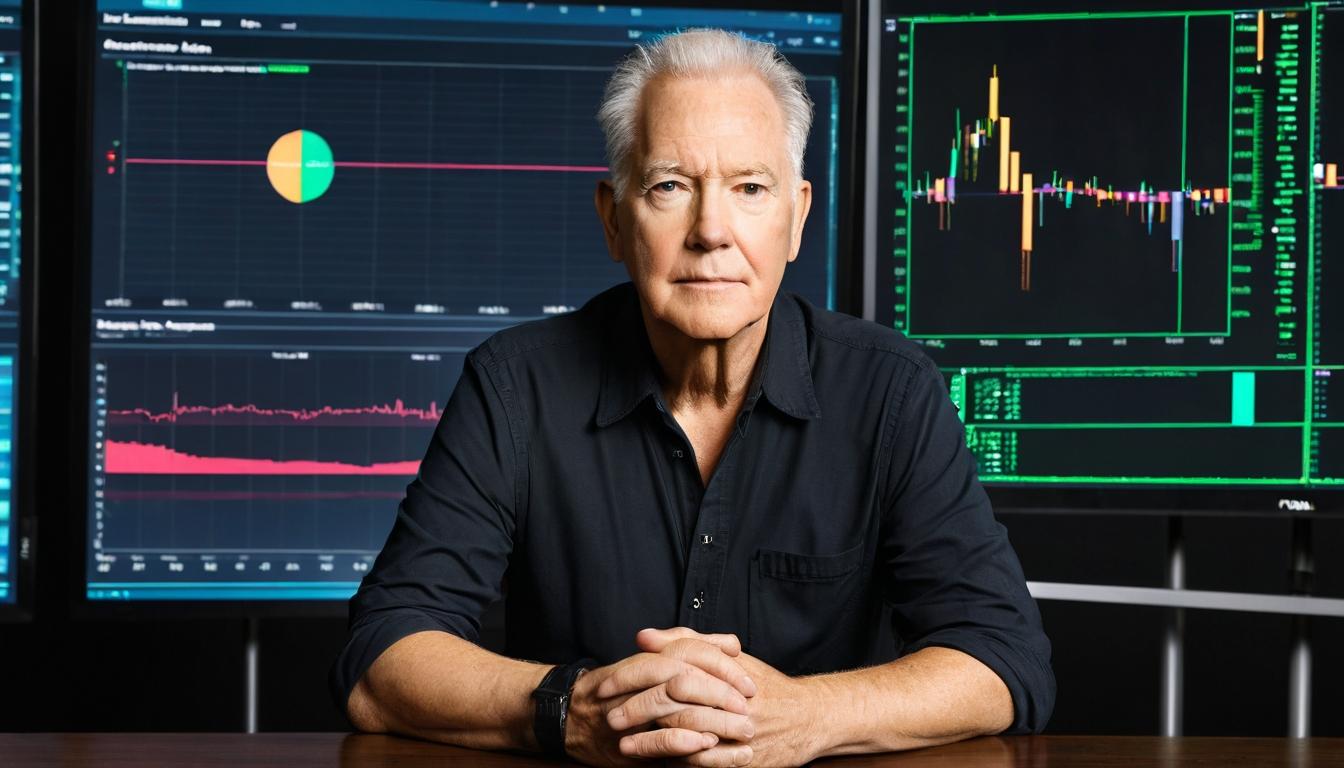In a dimly lit office overlooking Sunset Boulevard, a team of data scientists scrolls through spreadsheets containing the viewing habits of 200 million subscribers. They're not looking for the next great story—they're hunting for patterns. The algorithm has spoken: audiences want more heist films set in European cities, preferably with a romantic subplot and at least two car chases. This isn't fiction; it's the new reality of Hollywood's content creation machine, where data points have become more valuable than original ideas.
Across town, veteran producers shake their heads at what they call "the Netflix effect." Streaming platforms have amassed unprecedented amounts of viewer data, creating what one former studio head described to me as "the most sophisticated focus group in human history." The problem? When you optimize for what people have already watched, you inevitably get more of the same. The result is what industry insiders call "content sludge"—perfectly adequate entertainment that nobody will remember six months from now.
I spent three months interviewing dozens of industry professionals, from junior writers to studio executives, and discovered a troubling pattern. The very data that was supposed to help creators understand their audience is instead creating a creative paralysis. One mid-level development executive at a major streamer confessed: "We're not making shows anymore—we're manufacturing content based on engagement metrics. If the algorithm says adding a pet sidekick increases completion rates by 3%, you better believe that script is getting rewritten."
The numbers tell a sobering story. According to internal documents I reviewed, streaming services now test concepts using AI-powered prediction models that analyze everything from title length to color palettes in promotional materials. One particularly revealing document showed how a drama series about climate change was retooled into a romantic comedy after testing revealed audiences preferred "lighter fare" during evening viewing hours.
This data-driven approach has created what veteran director Sarah Chen calls "the homogenization of risk." When I met her at a quiet coffee shop in Silver Lake, she explained: "Studios used to take chances on passion projects because sometimes those unexpected films became cultural phenomena. Now, everything is tested to death before it even gets a green light. The system is designed to eliminate surprises, but great art is always surprising."
The financial pressure is undeniable. With streaming services bleeding billions in content wars, every decision carries enormous weight. A senior analyst at one major platform shared anonymously: "Our renewal decisions are 80% based on completion rates and cost-per-hour metrics. Critical acclaim means almost nothing if the numbers don't add up."
This creates perverse incentives throughout the production chain. Writers rooms now include "data consultants" who advise on plot points based on engagement patterns. One writer described crafting a character's arc not based on narrative logic, but because "the algorithm showed viewers drop off when female characters show vulnerability in episode four."
Perhaps most concerning is what's happening to mid-budget films—the traditional breeding ground for emerging talent and innovative storytelling. As one veteran agent lamented: "The $20-50 million drama is practically extinct. Streamers want either cheap reality TV or nine-figure franchises. There's no middle ground anymore."
Yet even within this data-obsessed environment, glimmers of hope persist. Several producers I spoke with described learning to "game the system" by packaging unconventional projects with bankable stars or attaching them to established IP. Others have found success by identifying underserved niches that algorithms haven't yet optimized to death.
The most revealing conversation came from a data scientist who asked to remain anonymous. "We've created this monster," they admitted. "The models keep getting better at predicting what people will watch, but they can't predict what might actually move them. That requires human intuition—something we've systematically devalued."
As I left my final interview, walking past the iconic Hollywood sign, I couldn't help but wonder if the industry's obsession with data was creating a self-fulfilling prophecy. By only giving audiences what the numbers say they want, we're ensuring they never discover what they might love. The greatest films in history—the ones that changed culture and defined generations—were never safe bets. They were leaps of faith.
In an industry increasingly run by spreadsheets and algorithms, the most radical act might be trusting that mysterious, unquantifiable quality that has always driven great storytelling: the human heart. Because while data can tell you what people watched yesterday, it can never predict what might capture their imagination tomorrow.
The streaming paradox: Why Hollywood's data obsession is creating worse movies

